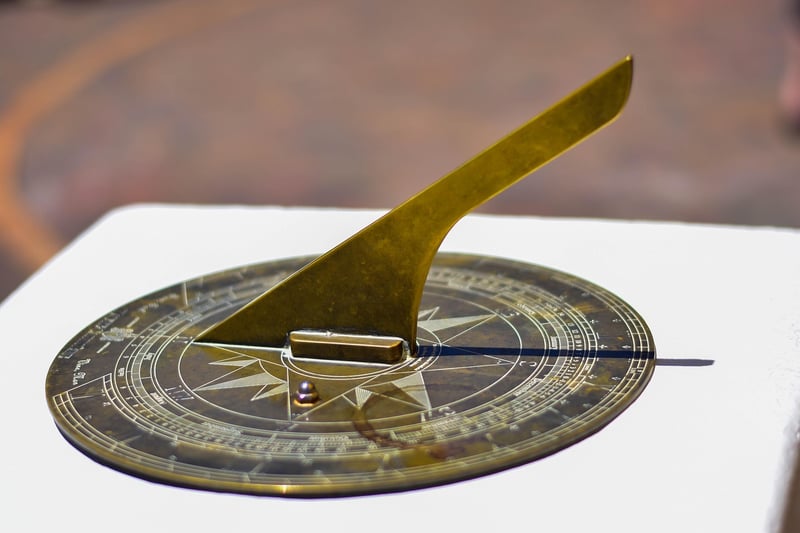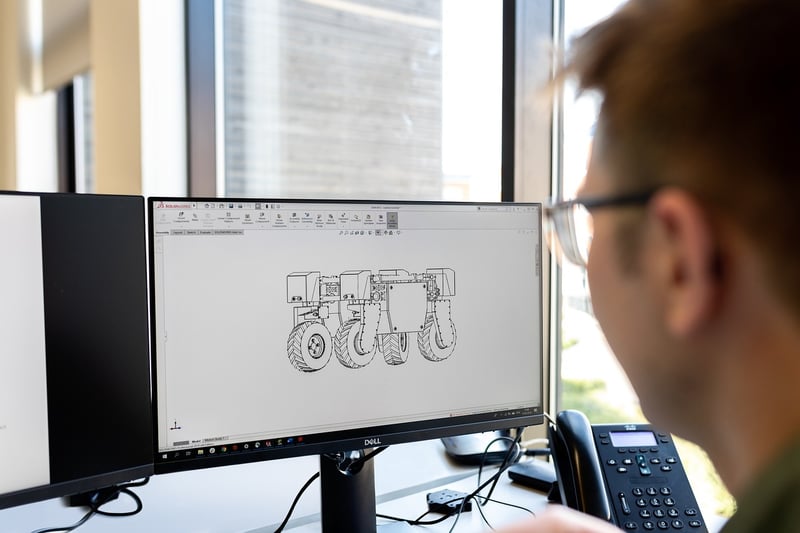Future Exploration
Exploring Time Across Eras and Future Exploration
The Concept of Time
Time, a fundamental aspect of our existence, has been a subject of fascination and study across various eras. From ancient civilizations to modern-day scientists, the concept of time has played a crucial role in shaping our understanding of the universe.
Time in Ancient Civilizations
Ancient civilizations, such as the Egyptians and the Mayans, developed intricate calendars to track time based on astronomical events. These early societies observed the movements of celestial bodies to mark days, months, and years, showing a deep connection between timekeeping and the natural world.
Egyptian Sundial

The Industrial Revolution and Timekeeping
The Industrial Revolution marked a significant shift in timekeeping with the invention of mechanical clocks and precise time measurement. This era saw the standardization of time zones and the adoption of Greenwich Mean Time (GMT) as the global reference point.
Time in the Digital Age
With the advent of digital technology, timekeeping has become more accurate and accessible than ever before. Atomic clocks, GPS satellites, and synchronized networks ensure precise time synchronization globally, enabling seamless communication and coordination across borders.
Atomic Clock

Future Exploration of Time
As we look to the future, scientists and researchers are delving into the mysteries of time itself. The concept of time travel, once confined to science fiction, is now a topic of serious scientific inquiry, exploring the possibility of bending spacetime to traverse different eras.
Future Technology

Conclusion
Exploring time across eras reveals the evolution of human understanding and innovation in timekeeping. From ancient sundials to atomic clocks and the future possibilities of time travel, our exploration of time continues to shape our perception of the universe and our place within it.
Time, both a measure and a mystery, invites us to contemplate its depths and embrace the timeless journey of discovery.
